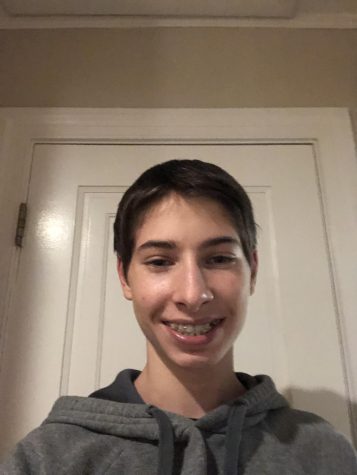On Apr. 16, the University of Southern California canceled plans for a graduation speech by this year’s valedictorian, Asna Tabassum, who is Muslim. The school said the decision was due to security concerns based on emails and other communications warning of a plan to disrupt the commencement, including one that targeted Tabassum.
“Over the past several days, discussion related to the selection of our valedictorian has taken on an alarming tenor,” Chief Director Andrew T. Guzman said. “The intensity of feelings, fueled by both social media and the ongoing conflict in the Middle East, has grown to include many voices outside of USC and has escalated to the point of creating substantial risks relating to security and disruption at the commencement.”
The university declined on Apr. 16, to give details of where the communications were coming from or whether they were under criminal investigation. Its decision followed complaints about Tabassum’s selection by two campus pro-Israeli groups that cited her social media support for Palestinians.
Tabassum, a biomedical engineering major who identified herself as a first-generation American of South Asian descent, could not be reached for comment. But in a statement, she criticized the decision.
“I am both shocked by this decision and profoundly disappointed that the university is succumbing to a campaign of hate meant to silence my voice,” Tabassum said.“There remain serious doubts about whether U.S.C.’s decision to revoke my invitation to speak is made solely on the basis of safety.”
The Council on American-Islamic Relations, a Muslim civil rights organization, also condemned the decision to cancel the speech as “cowardly” and demanded that U.S.C. reverse it.
Graduation speeches could be the next point of contention for the free-speech debate, which has overwhelmed many universities since the Israel-Hamas war began. University officials have had to handle vociferous debates over pro-Palestinian student protests, which many Jewish students and alumni say often veer into antisemitism. Protesters state that the pushback is an attempt to censor their political beliefs.
The announcement of Tabassum’s selection cited her volunteer work with nonprofit organizations in the Los Angeles area, including a mobile blood pressure clinic that visits homeless shelters and a group she co-founded that distributes medical supplies to areas in need around the world.
The announcement of Tabassum’s selection cited her volunteer work with nonprofit organizations in the Los Angeles area. Shortly after the announcement, a campus group known as Trojans for Israel issued a statement saying that Tabassum “openly traffics antisemitic and anti-Zionist rhetoric.”
Anuj Desai, a professor at the University of Wisconsin-Madison Law School, suggested that Tabassum could have legal grounds to sue, particularly in light of California law that supports students’ First Amendment rights.















